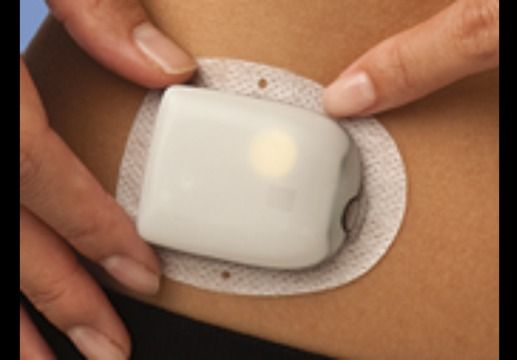Wearables and other connected devices have been available to help treat chronic conditions like asthma and heart disease for a while now. But thus far, the nation’s 30 million diabetics haven’t seen much to help them improve their health or reduce the daily grind of finger pricks and needle pokes.
The $2.5 billion connected-care industry may be off to a late start in diabetes, but it’s making up for lost time. A new breed of connected glucometers, insulin pumps and smartphone apps is hitting the market. They promise to make it easier for diabetics to manage the slow-progressing disease and keep them motivated with feedback and support. In as little as two years, the industry plans to take charge of the entire uncomfortable, time-consuming routine of checking and regulating blood-sugar levels with something called an artificial pancreas. Such systems mimic the functions of a healthy pancreas by blending continuous glucose monitoring, remote-controlled insulin pumps and artificial intelligence to maintain healthy blood-sugar levels automatically.
For Jeroen Tas, CEO of Philips’ Connected Care and Health Informatics unit, diabetes management is also personal: his daughter Kim is diabetic.
